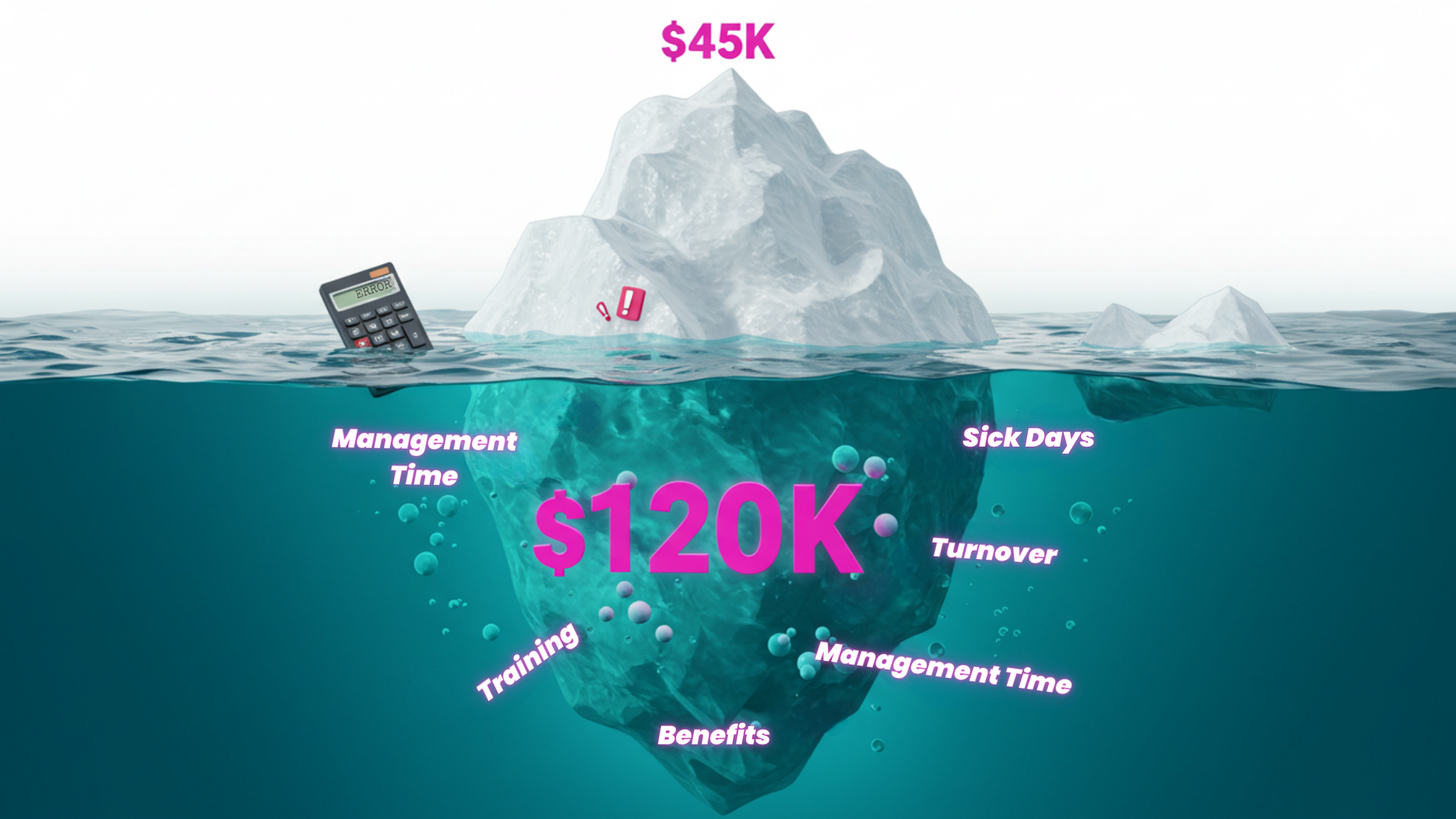How AI Agents Are Making Workplaces More Efficient
What Are AI Agents?
AI agents are like virtual coworkers designed to take care of specific tasks without much human oversight. They use advanced technologies like artificial intelligence (AI), machine learning (ML), and natural language processing (NLP) to understand, learn, and complete tasks. Unlike regular software, AI agents can adjust to new information, make decisions, and even get better at their jobs over time.
Some examples of AI agents include chatbots that answer customer questions, virtual assistants that organise schedules, and tools that automate paperwork. They’re becoming an essential part of many workplaces.
Efficiency is the key to running a successful business, and thanks to AI agents, it’s getting easier for companies to work smarter, not harder. These digital helpers are transforming how tasks get done by handling repetitive jobs, improving workflows, and boosting overall productivity. Let’s take a closer look at what AI agents are, how they’re helping businesses today, and what the future holds for these intelligent tools.
How AI Agents Are Improving Work Efficiency
1. Automating Repetitive Tasks
AI agents are great at taking over boring, repetitive jobs that would otherwise eat up a lot of time.
For example:
- Data Entry: AI tools can pull information from documents and systems, input it where it needs to go, and check for errors.
- Email Management: Virtual assistants like Microsoft Outlook’s AI can organize emails, flag important ones, and even draft replies.
- Scheduling: Tools like Google Assistant or Calendly handle meeting schedules and reminders so you don’t have to.
By handling these small but time-consuming tasks, AI agents free up employees to focus on more creative and important work.
2. Improving Customer Service
AI agents are also making customer service faster and more efficient. Chatbots and virtual assistants can answer common questions, guide people through purchases, and even solve simple issues.
For instance:
- Chatbots: Services like Intercom and Zendesk chat with customers, offering instant help 24/7.
- Voice Assistants: Tools like Alexa or Siri provide personalised answers and assistance based on user preferences.
With these AI agents in place, businesses can provide better service without overloading their human customer support teams.
3. Streamlining Workflows
AI agents are excellent at organising and optimising processes. They can identify slow points, predict delays, and suggest ways to keep things running smoothly.
For example:
- Project Management: Tools like Monday.com and Asana use AI to help teams prioritize tasks, assign resources, and track progress.
- Supply Chain Management: AI can analyze demand, manage inventory, and coordinate shipments to avoid bottlenecks.
These tools make it easier for businesses to stay on top of their goals and operate more efficiently.
4. Helping with Financial Tasks
AI agents are also making waves in finance. They’re great at handling routine financial tasks and even uncovering useful insights.
Examples include:
- Invoicing: Tools like FreshBooks and Xero create and send invoices, track payments, and reconcile accounts automatically.
- Fraud Detection: AI systems analyze transactions to spot anything suspicious before it becomes a big problem.
- Forecasting: AI can predict future trends based on past data, helping businesses plan better.
By taking care of these tasks, AI agents reduce errors and save businesses time and money.
Industries Using AI Agents the Most
Some industries are making big strides with AI agents. Here are a few leading the way:
1. Healthcare
AI agents are helping doctors and hospitals with things like scheduling, medical transcription, and even offering advice for minor health issues. For example, Babylon Health’s chatbot gives medical advice based on symptoms, allowing doctors to focus on serious cases.
2. Retail
In retail, AI agents handle everything from managing inventory to personalizing shopping experiences. Virtual assistants can even guide customers through online stores to find the right products.
3. Finance
Banks and financial companies use AI agents for fraud prevention, customer support, and even financial planning. Tools like Betterment offer investment advice tailored to user goals.
4. Manufacturing
In factories, AI agents help with production schedules, predict equipment maintenance, and ensure quality control, making operations smoother and more efficient.
Real-Life Examples of AI Agents
Here are some examples of AI agents making a difference:
- Amazon Alexa: Alexa acts like a personal assistant, helping users with everything from setting reminders to controlling smart home devices. It’s a great example of how AI can improve everyday tasks.
- UiPath: UiPath provides software robots that automate complex workflows, like processing insurance claims. What used to take days now takes just minutes.
Challenges of Using AI Agents
AI agents bring a lot of benefits, but there are challenges too.
Some of the main issues include:
- Integration: It can be tricky to fit AI agents into existing systems.
- Privacy Concerns: Since AI agents handle sensitive data, businesses need to make sure it’s secure and complies with privacy laws.
- Job Displacement: Automating tasks might mean fewer roles for human workers, which can lead to concerns about job loss.
To make the most of AI agents, businesses need to address these challenges carefully—like offering training programs to help employees learn new skills.
What’s Next for AI Agents?
As technology improves, AI agents are only going to get better.
Here’s what the future might hold:
- Closer Collaboration: Instead of replacing humans, AI agents will work alongside people, handling repetitive tasks while humans focus on creativity and strategy.
- More Personalisation: AI agents will use data to offer highly tailored experiences, whether it’s helping a customer or managing an employee’s workflow.
- Smarter Decisions: AI agents will analyze data faster and more accurately, helping businesses make better decisions in real time.
The potential of AI agents is enormous, and they’ll continue to change how we work and live.
AI agents are transforming workplaces by taking over repetitive tasks, improving customer service, organizing workflows, and streamlining financial operations. Industries like healthcare, retail, finance, and manufacturing are already seeing major benefits, with AI agents saving time, reducing costs, and boosting productivity.
While challenges like integration and job displacement exist, businesses that embrace AI agents thoughtfully are setting themselves up for success. By working alongside these digital helpers, employees can focus on what they do best, and businesses can achieve greater efficiency and innovation.
As AI technology advances, the role of AI agents will only grow.
Companies that start using these tools today will have a big advantage in the tech-driven future ahead.

















